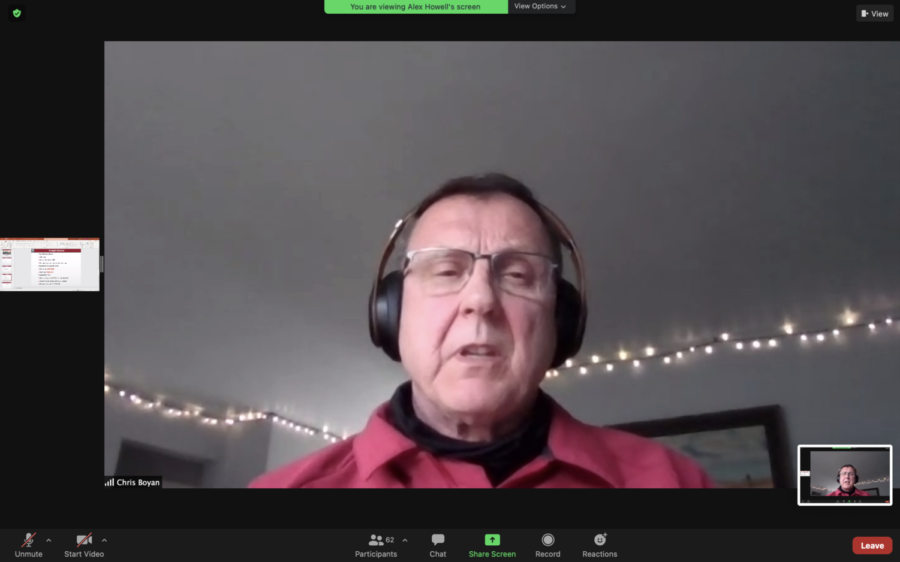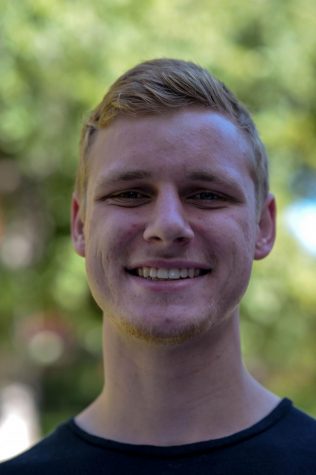GPSA Senate does not pass 5 percent transportation service fee increase
Student Transit Program facing deficit, will continue into fiscal year 2022
“Every once in a while, something somewhat catastrophic happens that really shakes up the program in terms of funds available,” said Chris Boyan, WSU Transportation Services associate director. “This one, of course, the COVID pandemic.”
April 13, 2021
The GPSA Senate did not approve a $1.80 student transportation fee increase during their meeting Monday evening.
Senators voiced mixed opinions over the fee increase and came to a 29-23 vote. The vote did not meet the two-thirds required to pass the proposal. Senators discussed whether the university truly needed the increase or if student fee increases are the go-to solution to supplement revenue.
GPSA Senator Sandte Stanley pushed back against the student fee increase during a discussion before voting. She said the university would likely keep any department operational as they see fit, even without increasing student fees.
The problem is not with the fee amount but that students are the go-to solution for supplementing revenue. She asked why student fees should be increased when students already struggle to pay the ones in place.
Chris Boyan, WSU Transportation Services associate director, said that, because of the pandemic, the Student Transit Program is facing a significant deficit that will carry into the 2022 fiscal year.
The program relies mainly on three sources of funding that vary year to year. Its funding comes from Services and Activities fees, student fees and parking funds, which include campus parking passes. The deficit and level of services available to students in the fall largely depend on student enrollment, he said.
“Parking funds every year contributes about half a million dollars towards the transit program,” Boyan said.
The $1.80 per semester amount is a five percent increase from last year and may not be the last. The Transit Advisory Group determines whether they should propose another increase on a year-by-year basis, he said.
“It’s not a huge amount of funding,” Boyan said, “but at this point, everything helps.”
The best-case scenario for the forecasted deficit is $241,000, while the worst-case scenario could be $364,000. Boyan said the student fee increase would have helped supplement around $65,000 of revenue.
WSU will do everything it can to keep the program operational under the deficit without a decrease in services, he said.
Boyan said because the GPSA Senate did not approve the fee increase, ASWSU Senators will not vote on the measure.
“Every once in a while, something somewhat catastrophic happens that really shakes up the program in terms of funds available,” he said. “This one, of course, the COVID pandemic.”
*Editor’s note: This article has been corrected to show the GPSA Senate approved the transportation fee with a simple majority vote, not the two-thirds required to pass the measure.


















